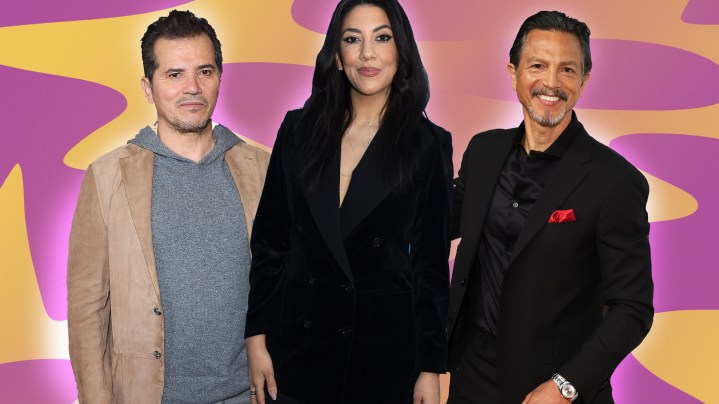Benjamin Bratt, Stephanie Beatriz, Julio Torres & John Leguizamo Share What It Means to Be Successful in Hollywood

Art by Stephany Torres for Remezcla
Following the release of the open letter to #EndLatinXclusion in Hollywood, Variety invited Latinx creatives Benjamin Bratt, Stephanie Beatriz, Julio Torres, and John Leguizamo to be a part of the magazine’s virtual #REPRESENT roundtable discussion series about what it means to be successful in Hollywood. The group gathered together to share their experience with the lack of diversity in Hollywood, the typecast roles, and their hopes for the future Latine representation in Hollywood.
Here are some of the best quotable moments from the stars.
Colombian actor and John Leguizamo, known for his one-man show, Latin History for Morons, is excited about the new Oscars diversity standards which he says are “a beautiful step for the Latinx generation because I don’t want to see another lost Latinx generation with their dreams and their passions being squashed.” He’s all too familiar with being typecast for roles and says that theater gave him more opportunities than film and TV. “It was always so painful to be a drug dealer, a killer, a rapist, or your gardener,” he says. Leguizamo credits his success to his “immigrant work ethic.” “You can’t stop working. Even when you’re asleep, you’re working… We gotta do four, five jobs. Look at JLo… she has to dance, sing, sell clothes,” he says.
Brooklyn Nine-Nine star Stephanie Beatriz is intersectional in her fight for diversity in Hollywood. “We have to collectively understand that Black storytellers and Black stories are vitally important,” the Argentine actress says. During the Zoom round table, she revealed that Rosa Diaz, her Brooklyn Nine-Nine character, was written as a hotheaded Irish redhead but that the part was rewritten after her audition.

Heartthrob Peruvian-American Benjamin Bratt says Latinx people have “never really been accepted in pop culture.” “We’re a cornerstone of what this country is and that’s never been acknowledged,” says Bratt. Salvadorian writer and actor Julio Torres echoed a similar sentiment and talked about how people with Latin American heritage aren’t a monolith. “It’s such a colossal group of people. The life experience of an Afro-Latina from the Caribbean is gonna be so different than a blue-eyed Argentinian.”